In Canberra a parliamentary committee is considering whether to recommend a huge transfer of power from the elected executive government and elected parliamentarians to unelected and unqualified judges, many of whom, it might be thought, would not welcome these functions. And, because the government, the Greens and the Teals have a majority on the committee, it is almost inevitable that this recommendation will be made. How on earth, you might ask, can this be happening?
It is happening because the question of whether Australia should have a national bill of rights has been referred to the parliamentary joint committee on human rights by the federal Attorney-General and the committee has been asked to look at this in the context of a model prepared by the Australian Human Rights Commission. It is true that Victoria, Queensland and the ACT have bill of rights legislation but the HRC model goes well beyond these statutes and would result in a much more substantial transfer of power to the courts.
The HRC model never provides any definition of a human right, except to adopt every entitlement so described in international conventions on this subject. It does, of course, include what might be termed conventional rights or values such as freedom of speech. But this example illustrates the problems of bills of rights even in this conventional area. Freedom of speech has always been subject to various qualifications, such as the law of defamation, the law of contempt and statutory provisions relating to national security. So making provision in a bill of rights for freedom of expression in general terms only invites the question of what qualifications there will be to this principle. The difference is, however, that instead of any qualifications being made by parliaments, these will be made by the courts. It is important to realise that political issues do not become legal issues by being handed over to courts.
They remain political issues but simply ones that are now decided by unelected judges.
But it is in the area of so-called economic and social rights that the HRC model really breaks new ground. It proposes the enforcement, by actions in court against federal government agencies, with the availability of awards of damages, of a right to health, a right to an adequate standard of living, a right to a healthy environment and a right to social security. Even the current state and territory bills of rights do not include these rights or an entitlement to damages.
It will be observed that these so-called rights are currently the subject of budgetary decisions by the federal government where it has to allocate scarce resources in the form of taxes to a range of community needs, such as hospitals, schools and welfare payments. The idea that the size and distribution of these expenditures could be litigated in the courts would seem to be a fantastic proposition but it is put forward in all seriousness by the HRC. Just try to imagine court proceedings over a right to an adequate standard of living!
It is difficult to understand why any government would open up its decision-making powers to this kind of second-guessing by the courts. But, the referral of the HRC model to the parliamentary committee would seem to suggest that the federal government is not concerned about such an erosion of its own powers.
It is perhaps hardly surprising that almost all legal professional bodies and many legal academics are in favour of the HRC model, given that it would open up an avalanche of litigation. But these groups actually have a real distrust in systems of parliamentary democracy and would much prefer political, social and economic questions to be decided in the courts. It is easy to be critical of ministers and parliamentarians and many are far from inspiring but they have been elected to make decisions affecting the community and they are accountable to that community at periodic elections. The courts are not accountable to the community in this way and no one is suggesting that judges should be elected as they are in some American jurisdictions.
The most extreme example of how a bill of rights can politicise the judicial process is that of the US Supreme Court. Because political issues, such as same-sex marriage and abortion, have been dealt with by the court under the bill of rights entrenched in the US constitution the selection of its judges has become a bitter contest between Democrats and Republicans and a significant issue in presidential elections. The current court is divided six to three in favour of Republican-oriented judges and it represents a thorn in the side of the Biden administration in Washington.
There is of course, no problem about enacting legislation to deal with particular social issues. An example is anti-discrimination legislation that exists in all Australian jurisdictions and has done so for many years. One question that might be asked is what is the necessity for a bill of rights in Australia at either the federal or the state level. Is it suggested that an individual in this country has less protection than his or her counterpart in Britain which has been subject to the European convention on human rights for some decades? It is suggested that the citizens of New South Wales have less protection that their counterparts in Victoria, Queensland and the ACT? It might be thought that Australia is one of a small group of countries where there is little evidence of arbitrary and unjust laws.
The British writer, John Gray, has referred to ‘the prevailing variety of rights-based liberalism promoted by philosophers such as John Rawls and Ronald Dworkin. The key feature of this liberalism is that it transfers decision-making from political to judicial institutions. Liberals are turning to law to entrench values and policies for which they cannot secure democratic assent’. Gray makes the point that a bill of rights is fundamentally anti-democratic. It is worth remembering Churchill’s dictum that democracy is the worst possible system except for all the others.
Got something to add? Join the discussion and comment below.
Get 10 issues for just $10
Subscribe to The Spectator Australia today for the next 10 magazine issues, plus full online access, for just $10.
You might disagree with half of it, but you’ll enjoy reading all of it. Try your first month for free, then just $2 a week for the remainder of your first year.

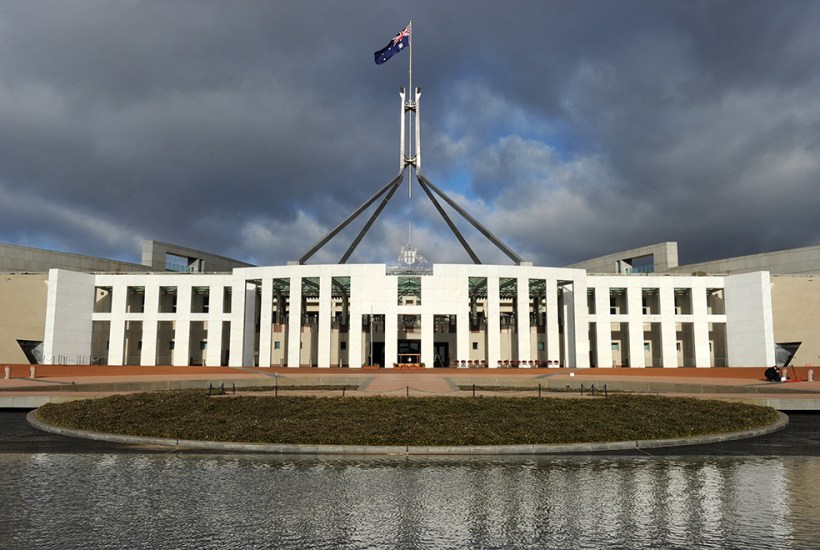
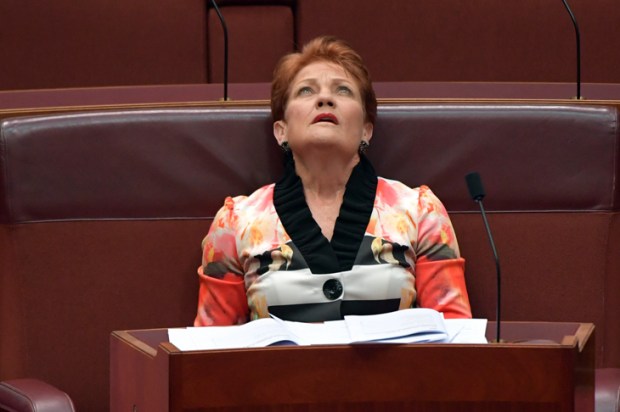
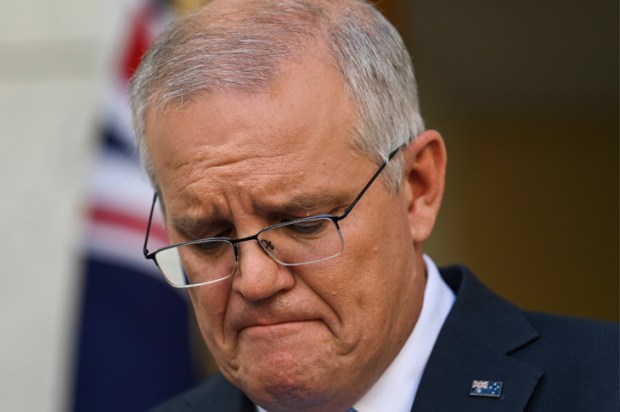

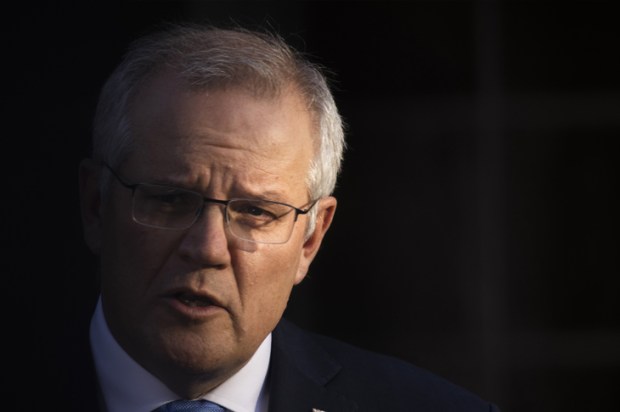
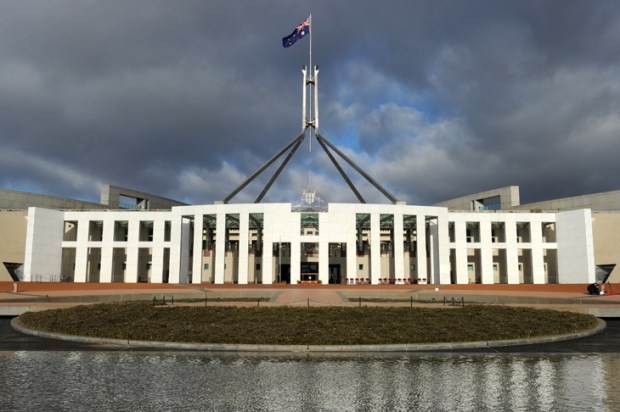







Comments
Don't miss out
Join the conversation with other Spectator Australia readers. Subscribe to leave a comment.
SUBSCRIBEAlready a subscriber? Log in